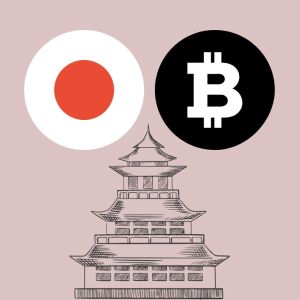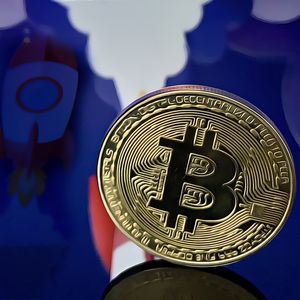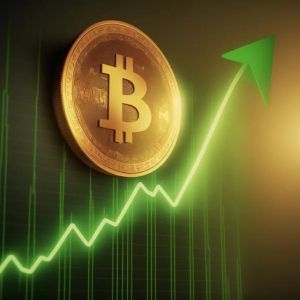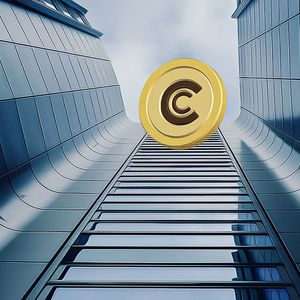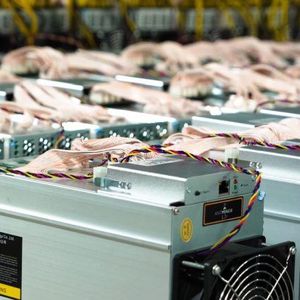The Japanese government is cautious about using Bitcoin as a National Reserve due to its volatility and security concerns, even though the adoption of Bitcoin (BTC) reserves at the national level is gaining attention in the US. Prime Minister Shigeru Ishiba communicated the position in a written response to House of Councilors member Satoshi Hamada, who had explored the position of adding cryptocurrencies like Bitcoin to foreign exchange reserves. The prime minister stated that they are not interested in what’s happening in the crypto space around the world, stating that they are not monitoring the movements of other countries, not even the United States. Thus, it was not easy for them to express a view. Government rejects cryptos for foreign exchange reserves The written submission explained that cryptocurrencies do not qualify as foreign exchange according to the legal guidelines on special account operations. Moreover, foreign exchange reserves are designed to stabilize foreign construction assets or bonds. The prime minister clarified that the government operates special accounts on safety and liquidity. He stated: “In the operation of special accounts, to smoothly conduct necessary foreign exchange transactions to realize the stability of the Japanese currency’s exchange rate, we operate with maximum consideration for safety and liquidity.” He added that t his is achieved using bonds such as government bonds with high liquidity and repayment certainty or deposits with foreign central banks. He continued to say that there are absolutely no plans to consider holding cryptocurrencies. Countries race to establish Bitcoin National Reserves There are many talks regarding the setting up of Bitcoin National Reserves. Even better, the talks have grown from theoretical aspects to geopolitical realities. Russia’s parliament also joined the calls for the national bank to consider Bitcoin as a reserve. Currently, almost 13 countries already hold Bitcoin. The number of Bitcoins held by countries is often shrouded in mystery, but some data gives pointers to this emerging trend. Most countries with Bitcoin have seized them due to illegality or non-adherence from holders. This highlights the dilemma between the legal demands and opportunities in the sector. The daring move by El Salvador in 2021 kicked off this trajectory. However, the recent pronouncement by US President-elect Donald Trump to establish a crypto reserve has led to renewed energy. Trump was against Cryptocurrency in his first term as president, saying that crypto is not money. However, he changed his stand, and he is vocal about Cryptocurrency today. A Step-By-Step System To Launching Your Web3 Career and Landing High-Paying Crypto Jobs in 90 Days.




